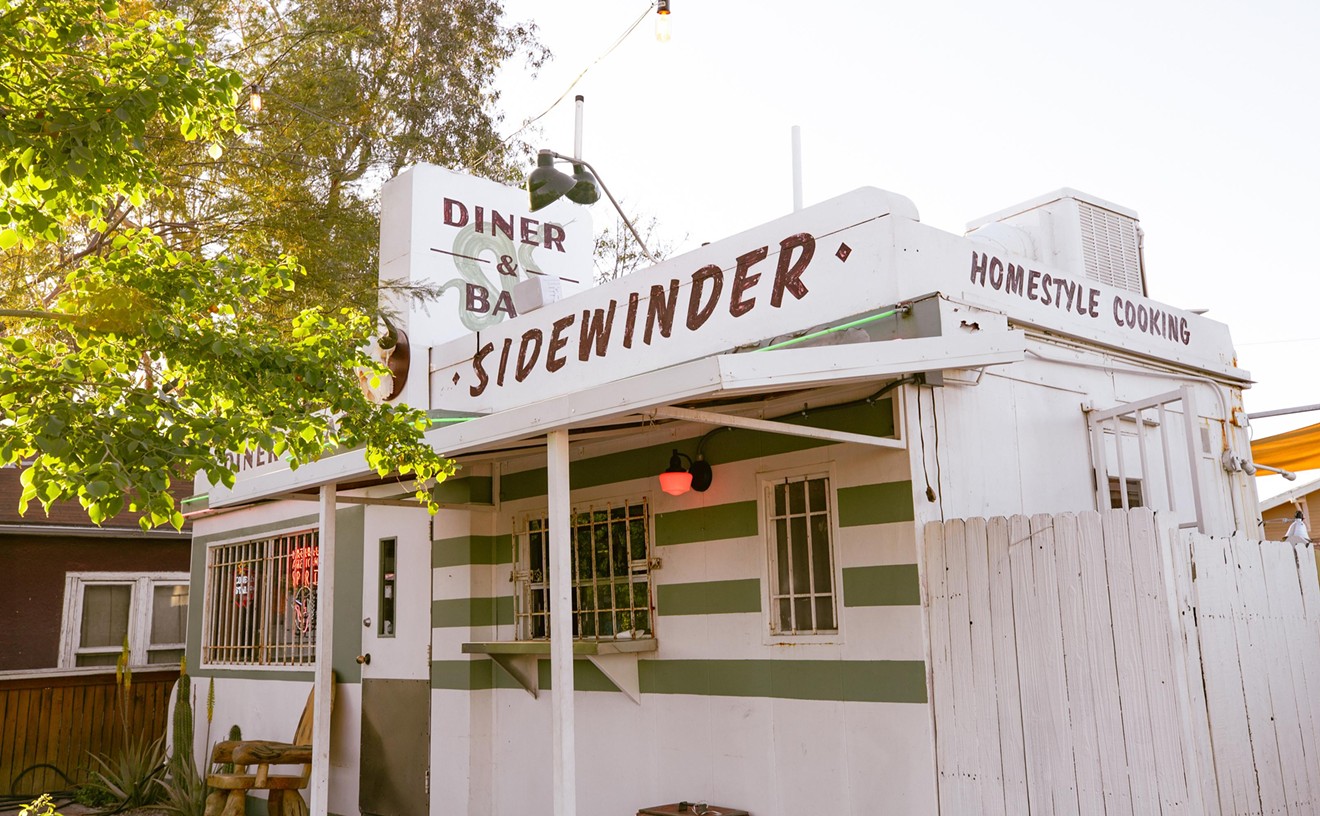The winner of the Grand Jury Prize for documentary at Sundance, Eugene Jarecki's The House I Live In, an occasionally muddled disquisition on the colossal failure of the war on drugs, rehashes much that will be familiar to even the most casual reader of newspapers: that this "war" is waged against the poor, particularly minorities. Yet what's riveting and attention-grabbing in Jarecki's recapitulations of failed policy are some of the talking heads he has assembled, including The Wire creator David Simon and historian Richard Lawrence Miller.
The House I Live In takes its title from a song written in 1943 by Abel Meeropol (also the lyricist of "Strange Fruit"). The first line of the ballad, here sung by Paul Robeson over the closing credits, asks, "What is America to me?" The great singer, actor, and activist's use of the first person is ferocious and haunting. Jarecki's deployment of "I," however, especially in his voiceover, becomes increasingly distracting. The film's impetus, he tells us, came from his pondering the troubled fate of the son (and other relatives of Nannie Jeter, the African-American woman who worked for many years for the director's well-to-do white family in New Haven). Jeter, a thoughtful, soft-spoken woman, singles out drugs as the source of her family's misfortune, prompting Jarecki to set out on a 20-state "journey" to talk to those in the trenches of this 41-year-old, impossible-to-win battle. Yet with so many directorial asides that begin "I couldn't help but notice . . ." or "I wondered what it was . . ." Jarecki sounds like Carrie Bradshaw after a poli-sci lecture.
Jarecki, who also directed the documentaries The Trials of Henry Kissinger (2002) and Why We Fight (2005), has better instincts when culling archival footage and calling on forceful speakers to elucidate the grim statistics and the war's origins. Richard Nixon's opening salvo in 1971 that "America's public enemy number one is drug abuse" might, as Jarecki's experts note, have been empty tough-on-crime rhetoric to get his poll numbers up before the '72 election — and has served as the boilerplate for pandering politicians ever since. But, as Michelle Alexander, author of The New Jim Crow: Mass Incarceration in the Age of Colorblindness and another of Jarecki's cogent interviewees, further explains, two-thirds of Nixon's budget for the war on drugs was dedicated to treatment — a compassionate approach to the scourge long abandoned for ever-more Draconian punishment in a war whose price tag is $1 trillion.
Much of that money has gone toward building up a prison-industrial complex. Simon, who was a police reporter for The Baltimore Sun for 12 years before his work in television, points out that we are the "jailingest" nation in the world: Although it makes up only 5 percent of the world's population, the U.S. accounts for 25 percent of its prison population. Half a million of those incarcerated are behind bars for nonviolent drug crimes; 56 percent of those in jail for drug crimes are African-Americans.
While Simon points out that use of coke and heroin does "nothing to engender dignity," it cannot compare with the destruction wrought on individual lives, families, and communities by the war on drugs, which has completely failed to decrease illegal drug use. To amplify Simon's claim, Jarecki speaks not only to imprisoned men both black and white (in jail mostly for using or selling meth) but also law enforcement officials, many of whom are willing to expound on the policy's disastrous results.
In arguing why the war continues, Simon and Miller, a grave man with a beard that gives him the appearance of an Amish elder statesman, make the film's most chilling pronouncements. Simon lays the blame squarely on a capitalist system color-blind in its disdain of those on the economic margins: "If we kill the poor, we're going to be a lot better off — that's what the drug war's become." Miller methodically articulates the process of the "chain of destruction" of the Jews in Europe and notes the similarities in the lives ruined by the war on drugs — a point more bluntly stated by Simon: "The drug war's a holocaust in slow motion."
For greatest impact, Jarecki should have ended his film on these explosive, unforgettable statements. But he opts for a softer conclusion, highlighting some recent "triumphs" of saner policy, including the passage in 2010 of the Fair Sentencing Act, in which the 100-to-1 disparity in minimum sentencing for crack versus powder cocaine was reduced to 18 to 1. And he gives the final word to Jeter, the woman he has identified as "like a second mother to me." As she speaks about her sorrow and regrets over the drug-related death of her son, the ploy seems disingenuous, her pain expediently used for the filmmaker to return to himself.










